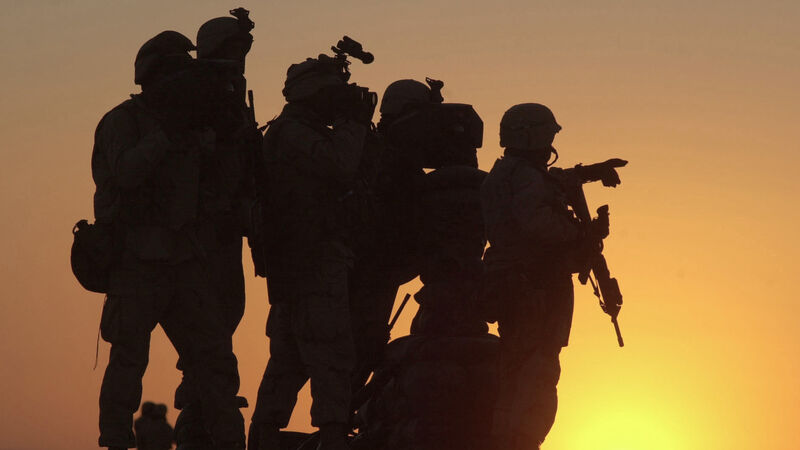Irish Examiner View: US withdrawal from Afghanistan raises some concerns

US Marines scan the northwest perimeter of the American military compound at Afghanistan's Kandahar airport. US President Joe Biden has announced the withdrawal of all troops from the country by September 11.
British efforts to conquer Afghanistan were so disastrous that the misadventures had to be enumerated so students might differentiate one catastrophe from the other. The First Anglo-Afghan War of 1839 to 1842, and the British army's near annihilation during a retreat from Kabul, did not prevent a repeated disaster in 1878. Yet, Russia did not learn the lesson and spent a fruitless decade from 1979 trying to impose its will on Afghanistan. America duly followed suit with a similar outcome.
That experience was so traumatic that in 2010, Mikhail Gorbachev, the last Soviet leader, advised President Barack Obama that America risked a “major strategic failure,” and recommended “a political solution and troop withdrawal.” This advice was followed and is often the case in these murky, deadlocked situations Obama authorised secret talks with the Taliban.













